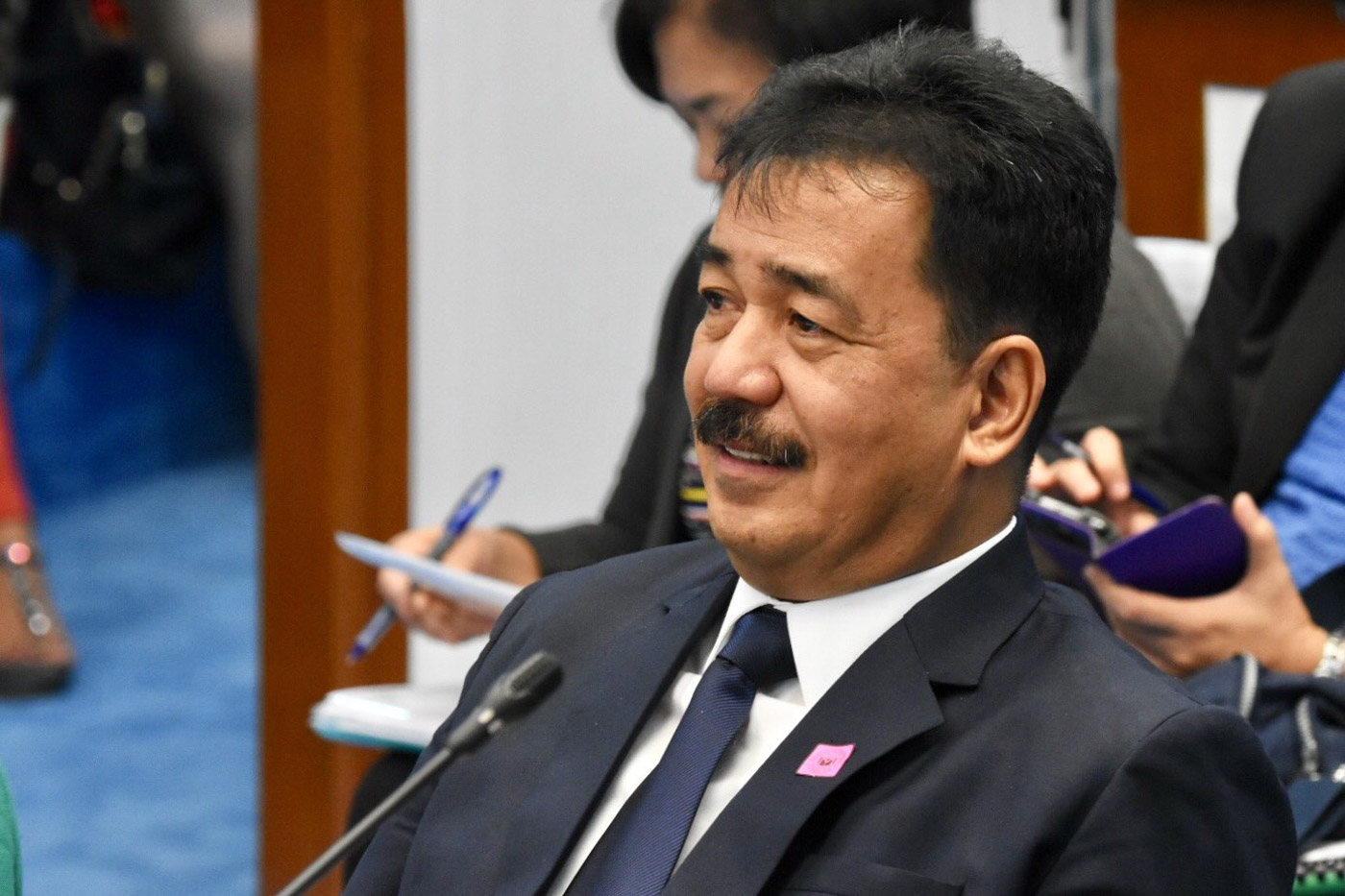CHED: Flexible learning will continue in coming years
By Rjay Zuriaga Castor
 |
| PHOTO: Rappler |
As the pandemic reshapes education, the Commission on Higher Education (CHED) said Friday it has adopted a policy to implement flexible learning in "school year 2021 and thereafter."
“From now on, Flexible Learning will be the norm. There is no going back to the traditional, full-packed face-to-face classrooms,” CHED Chairman J. Prospero De Vera III said during a webinar entitled “Educating our Children in the New Normal” on Friday, May 21.
De Vera justified such move by saying that resuming in-person classes "run the risk of exposing our stakeholders to the same risks if another pandemic comes in."
He added: "[W]e would have wasted all the investments in technology, in teacher training, in the retrofitting of our facilities.”
De Vera added that higher education institutions (HEIs) with much prepared facilities will continue investing and moving ahead using online platforms.
“Others, will be allowing some of their students to come at specific periods and do more synchronous versus asynchronous learning,” he explained.
Earlier in March, CHED has allowed 24 colleges and universities across the country to implement limited face-to-face classes beginning the second semester of academic year 2020-2021.
Among those prioritized to conduct limited in-person classes are select allied health-related degree programs such as Medicine, Nursing, Medical Technology/Medical Laboratory Science, Physical Therapy, Midwifery, and Public Health.
More recently, De Vera also eyes in-person classes for engineering, information technology, industrial technology, and maritime programs.
These program, according to him, are "degree programs that have a lot of hands-on activities that cannot be delivered virtually.
But all of this, however, is contingent on the safety of students and positive results from the first batch allowed to conduct limited face-to-face classes.
RELATED ARTICLE: Manila Bulletin
